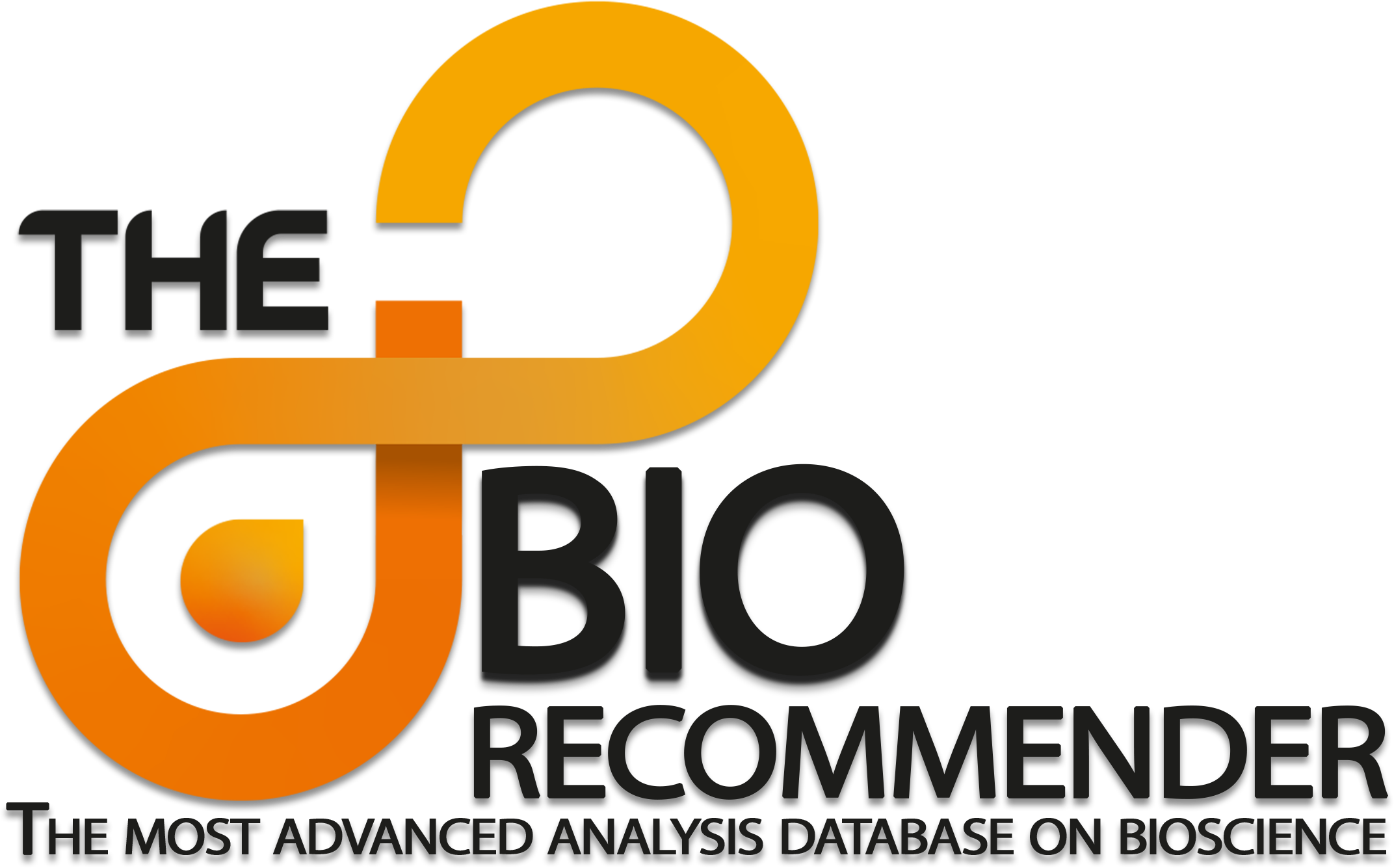Concepts
Concepts, in the context of large language models and platforms like BioRecommender, serve as distilled representations of complex ideas within text. These models can parse through extensive written content, such as scientific papers, and identify key themes or topics, which are termed as "concepts". For example, a text mentioning "work in degenerative disease for aged people" might lead to the identification of related concepts such as Alzheimer's, neurodegenerative diseases, and Parkinson's disease.
Utilizing concepts allows for a more targeted approach in research and marketing within the scientific community. There are principally two ways to leverage this capability:
1. Researcher-Specific Search: When searching for a specific researcher, reviewing the concepts (along with genes and diseases) associated with their work can provide deeper insights into their research focus. This is crucial for understanding the potential needs and interests of the researcher.
2. Concept-Centric Search: Alternatively, starting with a concept (possibly further refined by filters like country or institute) can reveal a list of researchers who have engaged with this concept in their work. This approach is valuable for identifying potential targets for product marketing or collaborative opportunities. The resulting list of researchers can be exported for campaign planning or detailed individual analysis.
* on the author, yuou can see the institute he/she is affiliate; the actual one (last know) is the first in list
|
Navigating the Concept Section:
-
The bulb icon grants access to the concept section.
-
Searching for a Concept: Begin typing to search and select the desired concept.
-
Related Concepts: Selecting a concept reveals related concepts, allowing for deeper exploration into specific areas of interest.
-
Scientific Works: This area lists all works related to the chosen concept, with options to filter results by date or country.
Correspondingly, the listed institutes and authors are dynamically updated based on the filters applied. -
Institutes: Displays the institutions where authors have published their concept-related works.
-
Authors: Lists authors who have discussed the selected concept in their works.
A common use case involves searching for a concept, applying filters such as the current year and a specific country, selecting an institution, and then identifying all authors associated with that institution who are interested in the concept. This method is particularly effective for marketers and researchers aiming to pinpoint relevant academic collaborators or customer segments within the scientific community.

